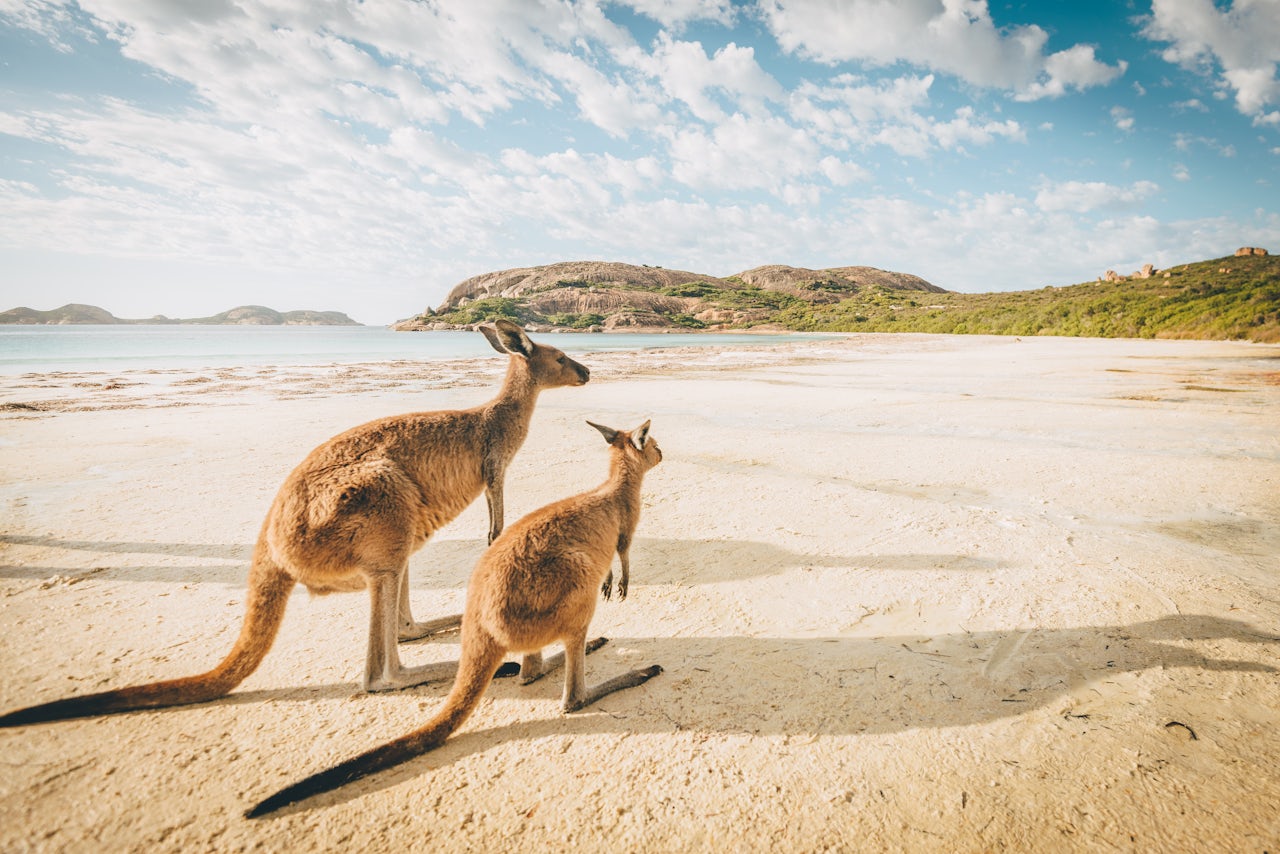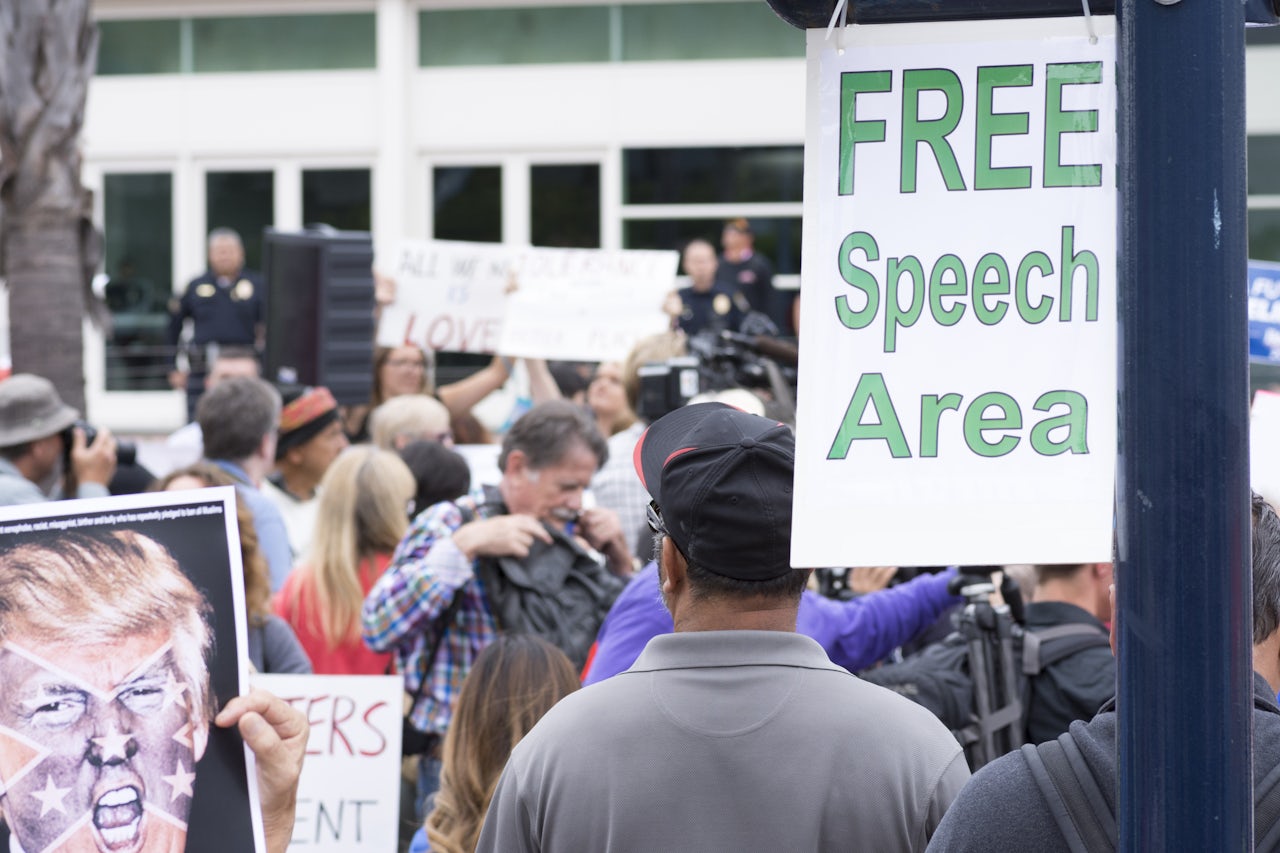The news that derided New York Times opinion columnist and “intellectual dark web” cheerleader Bari Weiss is to be shipped off to Australia like a 19th-century bread thief was greeted among those who enjoy HR decisions in media as a spectator sport with a mixture of amusement and horror. Finally, Weiss would find a natural audience keenly attuned to her vigorous appreciation of reactionary hot takes and beige campus conservatism.
It’s the latest — and admittedly sort of weird — salvo in a recent trend in which the big media flagships of the Western world remember that Australia exists, and decide that it is Very Important. The Guardian has established a successful (and respected) operation here by filling the center-left void which every local publication abandoned years ago. The Huffington Post formed a bizarre, purposeless joint venture with local media empire Fairfax which collapsed a couple of years later, having failed to find either an audience or a point. The New York Times, it seems, is lurching for a bite of the same mango.
There are several fairly obvious reasons why Australia has suddenly become a point of interest for global media enterprises. We’re a wealthy, English-speaking nation that is just sitting there ripe for the eyeball harvest, which is unbearably tempting for organizations like the Times, the continued existence of which in a post-print world is only assured through entropic growth. The Times is already the 17th-most-viewed news website in Australia, so it stands to reason there are at least a few people willing to part with their dollars for access to the crosswords.
Also, as the world’s power center continues to pivot towards Asia, Australia intuitively seems like a perfect place to grab front-row seats. The country has often been imagined as the primary outpost of Western civilization in the Asia-Pacific region — especially by those with war-addled thinktank brains — and it’s hard not to consider the adventurism of international media through that lens. It seems like a “nicer” place to watch the incoming world order (with a more reliable subscriber base) than Beijing or Jakarta. More surfing, too!
But The New York Times is here now, and indeed has been since early 2017. In that time, they’ve barely managed to dent the local media landscape — except in the mind of local journalists, who take umbrage with the fact that the bureau seems to exist to have Manhattanites explain Australia to Australians and maybe Americans who accidentally clicked on it. (A key thing to remember is that while journos might hate it, the average Australian actually tends to love when America pays any kind of attention to us, which is a great national shame.)
Aside from a handful of local reporters and commentators, and an antipodean clone of the Metropolitan Diary, the operation is very much New York-oriented. Local editor Damien Cave, another NYC transplant, writes a weekly newsletter about his take on Australian politics, culture, cuisine, natural geography and food delivery apps, intended for an audience of… I’m not sure, to be honest. I can’t imagine Americans giving a shit about the minutiae of Australian life as relayed by a New Yorker, and I don’t know why Australians would either. At least not to the tune of over 60 newsletters.
Which brings us to Bari Weiss. Chased from her homeland by the rude posts of the censorious left, she now comes down to Australia to write about “Australia’s role in the world, politics and feminism,” three topics apparently aching for her input.
New Republic writer Jeet Heer described the thought of Weiss in Australia as “terrifying” and warned Australia’s media was “as reactionary as it gets in anglophone world,” which is absolutely the case — no doubt about it.
Where there might be a disconnect, though, is in the messaging: there are very few Australians screaming out for the wannabe urbane intellectualism of Weiss’ writings. Australia’s existing media obviates the need for a Breitbart or Infowars equivalent because it so regularly indulges in the kind of gutter-level race-baiting and open hostility to difference which would be considered gauche in most portions of the mainstream U.S. media. The hand-wringing about normalizing white nationalism through a limp mouthpiece like Tucker Carlson doesn’t really exist here, as that sort of commentary is regularly bandied about by mainstream commentators on both sides of the aisle.
Part of this is because native son Rupert Murdoch’s News Corp dominates our newspaper distribution in a way it does not anywhere else, but they’re hardly the only offender. Even the Sydney Morning Herald, usually considered shorthand for the sort of metropolitan liberalism roughly equivalent to the American paper of record, has been running a multi-year panic campaign about the number of students with Asian heritage in Australia’s academically selective high schools.
This is to say that the kind of reactionary thought pumped out by Weiss and her hangers-on — who inexplicably think that the most important thing happening in politics right now is who is and who isn’t allowed to freely join the sparsely-attended college lecture circuit — is pretty alien here. We’re less academically racist Jordan Peterson and more literally-blocking-refugee-boats-racist Lauren Southern, who received a rapturous welcome from Australia’s right-wing media when she toured here last month, despite being most charitably described as a Nazi grifter.
To put it simply: someone like Weiss (and the panic around her output) looks impossibly quaint here, where neo-Nazis casually appear on cable news and one of our highest-paid columnists can pontificate on whether Australia should tolerate Jewish neighborhoods without fear of reprise.
It’s pretty clear that there’s probably no grand narrative as to why the Times is making a big play into Australia, beyond the ever-intensifying need for more paid subscribers. But maybe it can also function as a colonial outpost for the columnists who are catching too much heat and need to cool their heels for a while. Everybody wins.

